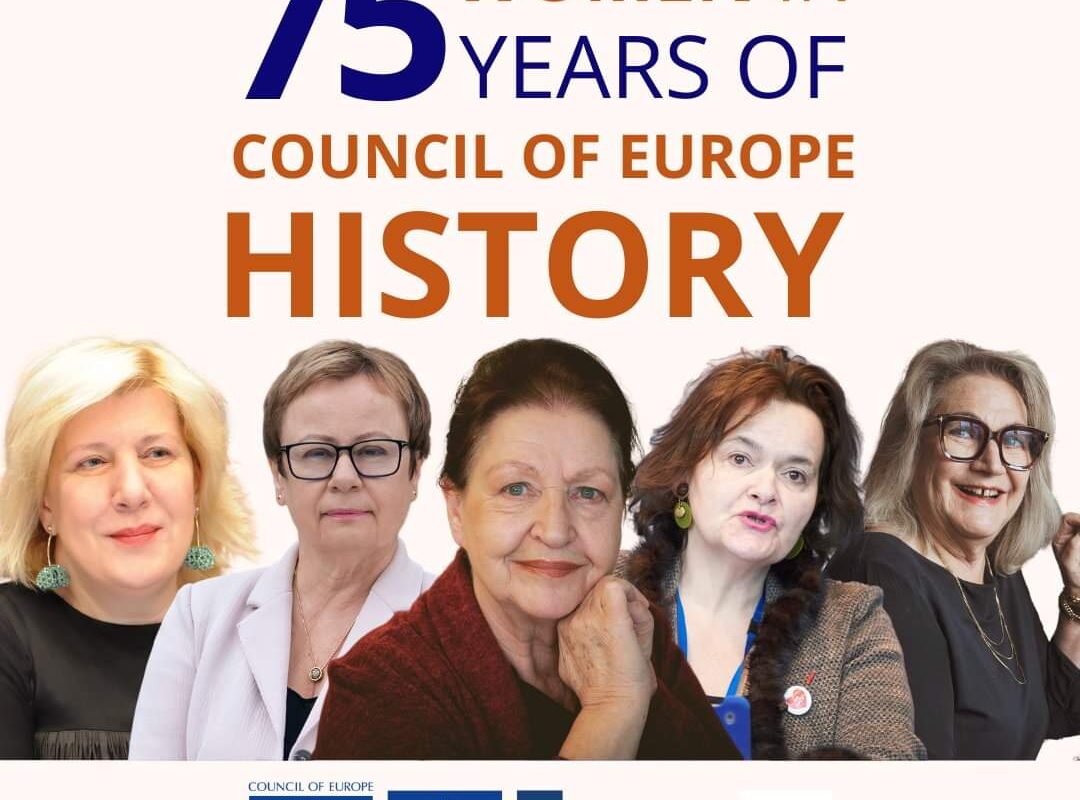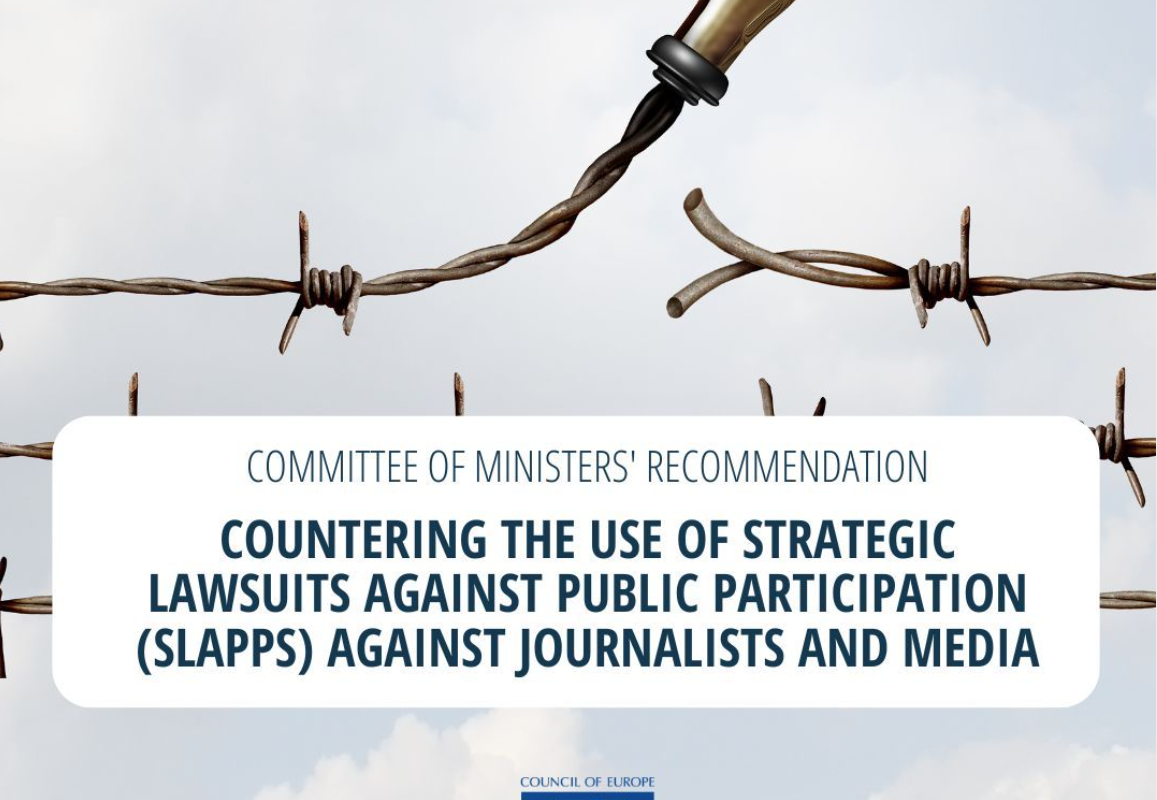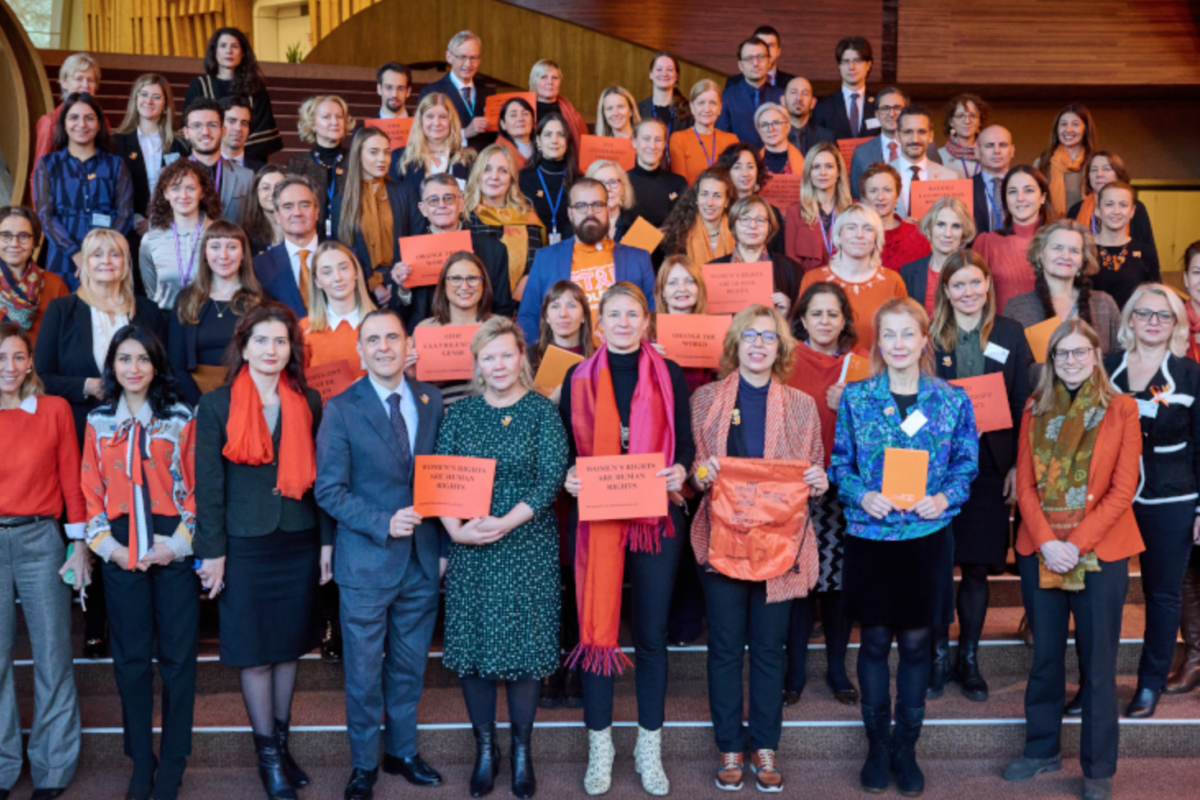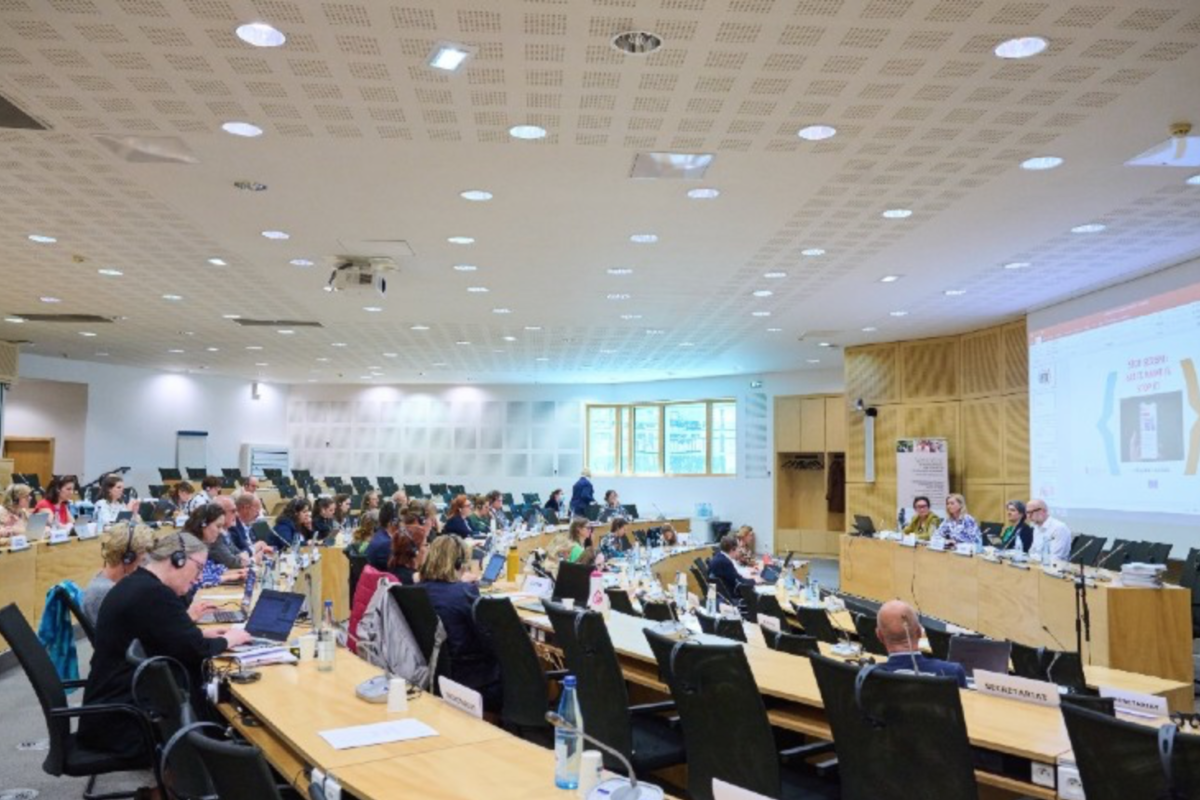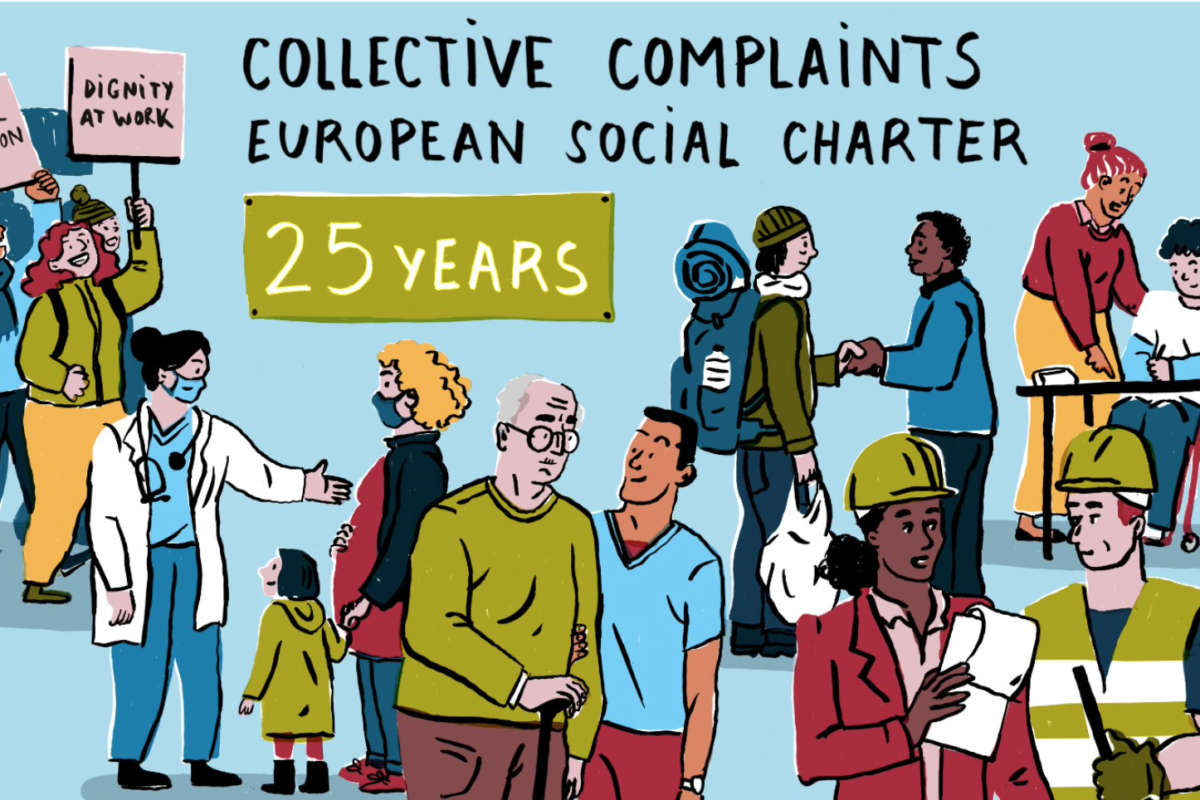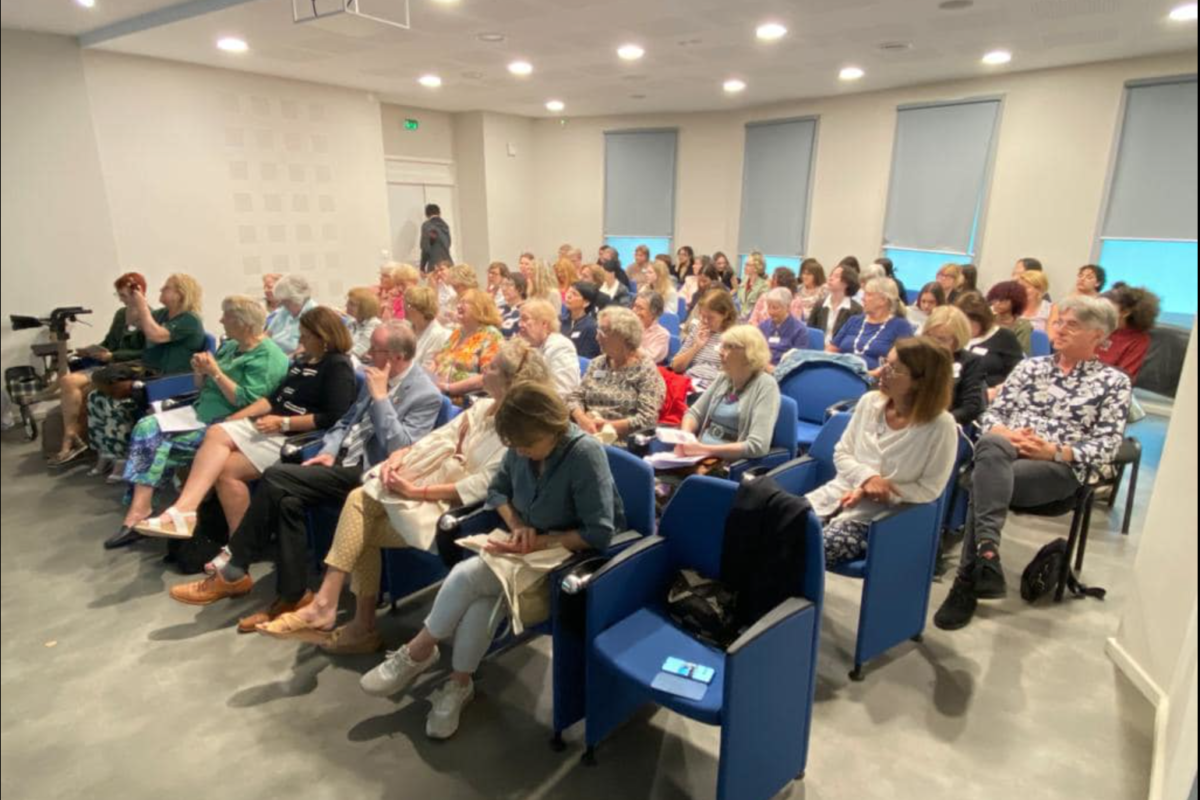The 25th anniversary of the entry into force of the Additional Protocol to the European Social Charter (ETS no. 158) was marked by an event, organized by the Council of Europe’s Social Rights Department, attended by a wide range of stakeholders (governments, social partners, civil society, academics and representatives of national and international bodies), who discussed the importance of the procedure for the effective protection of social rights in Europe.
In his opening address, Deputy Secretary General Bjørn Berge stressed that social rights are the very foundation of a decent society and human dignity. “A collective complaints procedure has been designed to give greater effect to social rights on our continent. And this mechanism has borne fruit: corporal punishment of children has been explicitly banned in several countries, homophobic statements have been removed from school curricula and equal opportunities, including equal pay for men and women, have made progress. And experience shows that trade unions and civil society organizations file complaints only after serious consideration – exactly as intended.”
Dunja Mijatović, Commissioner for Human Rights, stressed, “At a time when I see the scale of the challenges to social rights in Europe in my day-to-day work, I can only reiterate that there is no time for complacency. Member states must keep their promises to defend social rights, not just with their words but also with their deeds.”
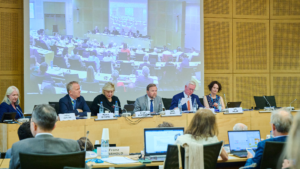
COUNCIL OF EUROPE STRASBOURG JULY 6, 2023
“The European Social Charter has helped inspire key EU instruments such as the EU Charter of Fundamental Rights and the European Pillar of Social Rights. Furthermore, any EU action under the social policy chapter of the EU Treaties must take account of the fundamental social rights guaranteed by the European Social Charter,” said Eamon Gilmore, EU Special Representative for Human Rights.
For her part, the President of the European Committee of Social Rights (ECSR), Aoife Nolan, reiterated that “the real proof of the value of a system is its impact in practice. The Charter is a legally binding treaty of international law. And the European Committee of Social Rights, as the treaty body, is solely responsible for the legal assessment of states’ compliance with the Charter.”
The European Social Charter is a Council of Europe treaty guaranteeing fundamental social and economic rights as a counterpart to the European Convention on Human Rights, which guarantees civil and political rights. It represents a wide range of everyday human rights relating to employment, housing, health, education, social protection and welfare.
The opening of the event was followed by discussions in two separate panels. The first panel examined in detail the objectives and functioning of the complaints procedure, while the second focused on its impact and the main challenges of its practical application.
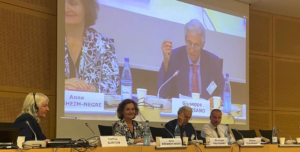
COUNCIL OF EUROPE STRASBOURG JULY 6, 2023
UWE President Dr Anne Bergheim-Nègre was a guest on this panel and went to the Council of Europe to speak.
She was pleased to note that the collective complaints she has filed on behalf of UWE on August 24, 2016 for Charter violations both on unequal pay between women and men and for the lack of women in decision-making positions in private companies, were in the spotlight for the systemic impact they caused both in the 15 states accepting collective complaints and in all Council of Europe member states, but also as an invigorating push for the Social Charter in Europe. It seems that the Committee of Ministers’ Recommendation shortly after making the collective complaints public was almost unique in the 25 years of collective complaints’ existence, as was the special treatment given to them by a film or information on the Council of Europe website.
For her part, she wanted to make a useful contribution on the way in which collective complaints are approached and the difficulties encountered, which obviously differed from the more conventional, administrative language used by Council of Europe representatives. Since the additional protocol creating these original recourses, 235 collective claims have been filed, which no doubt explains the fairly general absence of doctrinal and procedural articles on the subject in professional literature. The impact of these collective claims is therefore real, according to the speakers, and that’s what’s important. UWE has the highest number of collective claims filed to date, after 25 years of existence. We should be delighted that this work on behalf of UWE is being recognized and promoted by the Council of Europe.
The Social Rights Department also presented a video explaining the added value of the collective complaints procedure as a key instrument of democratic governance.








